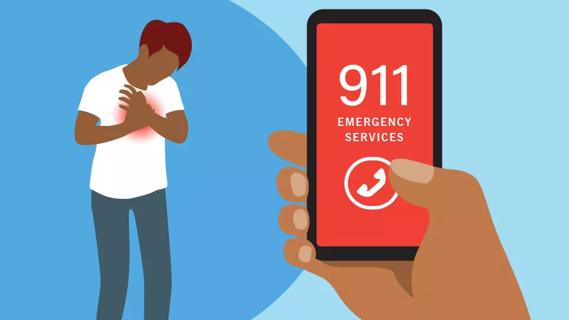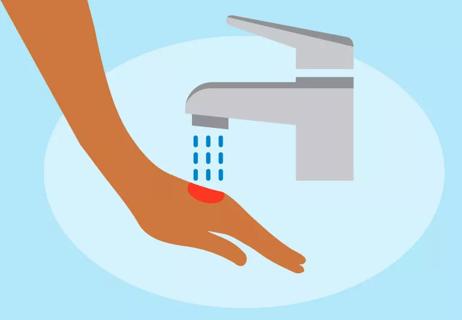Advertisement
The short answer from a cerebrovascular expert

A: While driving a stroke patient to the hospital may initially seem like the best choice, calling 911 for an ambulance is the fastest way to get life-saving treatment to a stroke patient.
Advertisement
Cleveland Clinic is a non-profit academic medical center. Advertising on our site helps support our mission. We do not endorse non-Cleveland Clinic products or services. Policy
A stroke is a medical emergency, and time is of the essence. The more time that passes between the stroke and treatment, the greater the risk of brain damage, and the harder it becomes to reverse symptoms. Early treatment with medications and other interventions can preserve brain tissue and prevent long-term disability and/or death.
The 911 operators know which hospitals are designated as stroke centers and can best provide care. Interventions can begin en route in the ambulance or the mobile stroke treatment unit.
Mobile stroke treatment units are essentially intensive care units on wheels. The unit’s team, guided by a stroke specialist back at the hospital, can examine and perform blood tests as well as CT scans on the patient. If indicated, they can start clot-busting drugs. This process saves precious time compared with driving to the hospital.
If you notice the signs of stroke in someone nearby, call 911 immediately to give them the best chance for long-term recovery.
In the meantime, if the person seems weak, encourage them to sit or lie down so that they don’t fall, and avoid giving them aspirin or water. Aspirin increases the risk of bleeding if the stroke was caused by a hemorrhage and water poses a choking hazard.
—Cerebrovascular specialist Zeshaun Khawaja, MD, MBA
Learn more about our editorial process.
Advertisement

Xylitol in processed food can increase risk of heart attack and stroke — but there’s no danger in xylitol in oral care products

Strokes in the left side of the brain are more common and the effects are typically more noticeable

There’s no way to stop it once a heart attack is happening, but the most important thing you can do is to call for help

Your age, the type of stroke you had, the cause and the location can all impact your recovery

It can be overwhelming, but habit changes help lower your risk of another stroke

Cut up foods into small pieces and make sure you sit down and focus during meals

Ice (and icy water) can actually make a burn worse, not better

Keep healthy foods on hand, like tuna packets, canned veggies and fruits, and beans and rice

Focus on your body’s metabolic set point by eating healthy foods, making exercise a part of your routine and reducing stress

PFAS chemicals may make life easier — but they aren’t always so easy on the human body

While there’s little risk in trying this hair care treatment, there isn’t much science to back up the claims